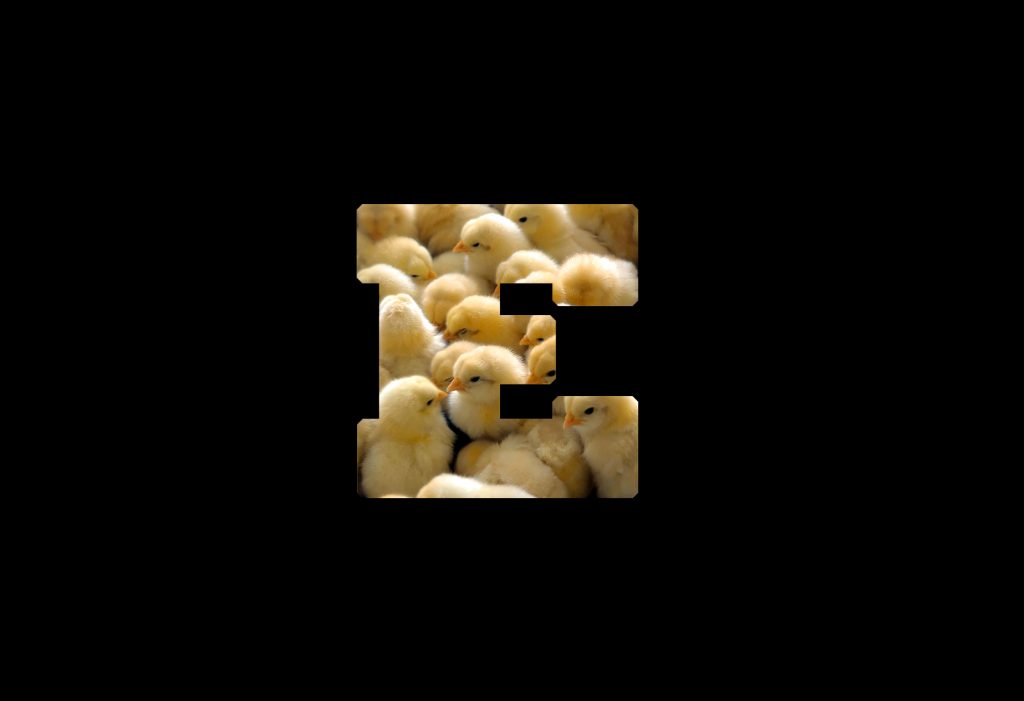25 Jul Why vitamin E makes your breeders more productive?

Vitamin E refers to a group of eight compounds that include four tocopherols and four tocotrienols. Requirements for poultry species depend on the age of the animal and the reproductive stage, being the lowest for laying hens. It interacts with other diet ingredients, such as oils rich in polyunsaturated fatty acids (PUFA), antioxidants, sulfur amino acids and selenium, and for this reason precise needs are difficult to standardize.
Vitamin E is a fat-soluble vitamin, accumulates in tissues and many studies have reported that maternal intake affects the nutritional status of eggs, embryos and newborn chicks.
The benefits of administering the right amounts of this vitamin can be divided into:
- Benefits for hens
Roles of vitamin E in poultry are related to its antioxidant activity, immunity enhancing function and improvement of detoxification. Pullets respond to levels of vitamin E with improved feed efficiency and reduced tracheal lesions after infectious bronchitis challenge. As it is also involved in ova (reproductive cells) formation, vitamin E improves fertility and laying rate. Besides, in stressful conditions that increase metabolic peroxidation, such as heat stress, vitamin E reduces breeder mortality.
- Benefits for cocks
Avian semen has a high proportion of PUFA, which are very susceptible to oxidation. Free radicals produced as a consequence of oxidation reduce fertility of male birds. Vitamin E was found in poultry semen in 1981, and it is the most important lipid antioxidant, that’s why it is known as anti-sterility vitamin. Supplementation of vitamin E increases semen volume, total sperm concentration, sperm livability, sperm motility and egg fertility.
- Benefits during egg formation and embryo development
Supplementation of vitamin E to hens improves parameters related to egg quality (egg weight, specific gravity, eggshell breaking strength and thickness). During embryo developmental stage, the presence of PUFA in tissues increases, making the embryo very vulnerable to peroxidation. Oxidative stress can lead to essential nutrient deprivation or tissue damage. Vitamin E acts as an antioxidant, having a very positive impact on hatchability.
- Benefits for new born chicks
During the first week, chicks are not able to cover the whole requirements of fat-soluble vitamins from diet because the amount of digestive lipase and bile secretion is too low for a proper nutrient absorption. In this period, reserves transferred from maternal diet are key.High maternal vitamin E supplementation on new born chicks:
-Boosts adaptive and innate immunity. Antibody titer of day old chicks from hens receiving high vitamin E supplementation is higher.
-Improves productive parameters of broilers during the first week: Feed intake, feed conversion ratio and live weight.
Vitamins are usually given through feed, but in stressful moments requirements increase dramatically, from 3 to 5 folds. During these periods, it is more practical to administer vitamins through drinking water using products like PhytoMax©.
Products of choice
PhytoMax© is a combination of vitamins, chelated calcium, microminerals and essential oils to be given through drinking water. It is intended for layers and breeders to:
- Maintain the levels of calcium and magnesium needed for optimal egg production.
- Reinforce skeletal health.
- Prevent cage fatigue.
- Stimulate the hepatic metabolism and the immune system.
- Improve the quality of the egg and the health of day-old chicks.
- Avoid the drop of the laying rate produced by stress (management, vaccines, hot weather, etc…)
- At the start of the laying period, to boost productivity.
- Prolong the productive life of the hen.

